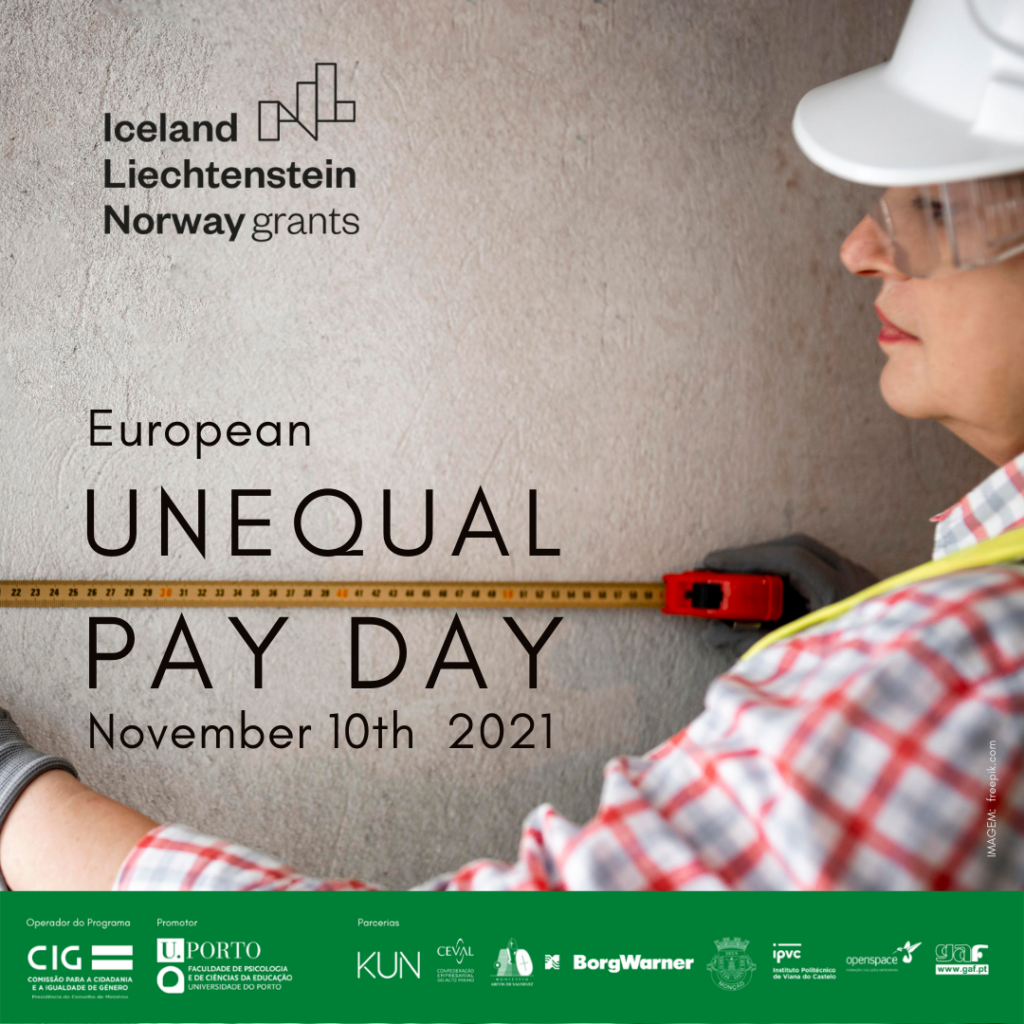
Gender pay gap results from a series of inequalities that women face in access to work, progression and remuneration. European Commission points out 4 factors to explain the wage gap:
1. Segregation in education and the labour market: there is an over-representation of women in areas where wages are lower, such as health, care and education. Highly “feminized” jobs tend to be systematically undervalued. On the other hand, the proportion of men is very high in better-paid sectors such as science, technology, engineering and mathematics (STEM).
2. Management and leadership positions clearly more occupied by men: men are more often promoted than women and therefore better paid. This trend continues to the level of top management and administration (CEO), where only 7.8% are women.
3. Imbalances in the sharing of family care and domestic work: working women, on average, spend fewer hours on paid work than men, but more hours on unpaid work (domestic and family related tasks). On the other hand, women tend to make more breaks in their careers to take care of family members, which has an impact on future earnings and pensions.
4. Discrimination: there are women who earn less than men for doing work of equal value, even if the principle of equal pay is enshrined in the European Treaties since 1957. The European Unequal Pay Day is a symbolic day to raise awareness on the fact that female workers in Europe still earn on average 14,1% than men. This day marks the date from which women effectively star working for free until the end of the year.
